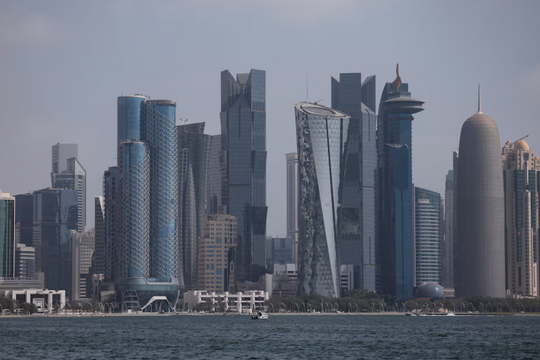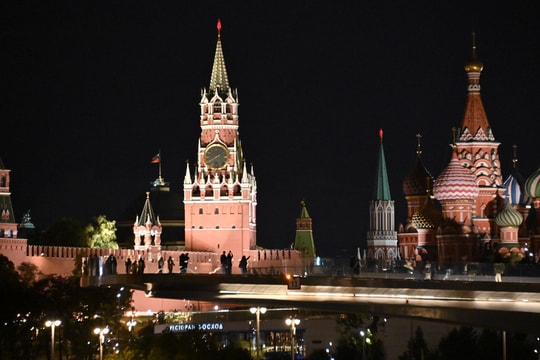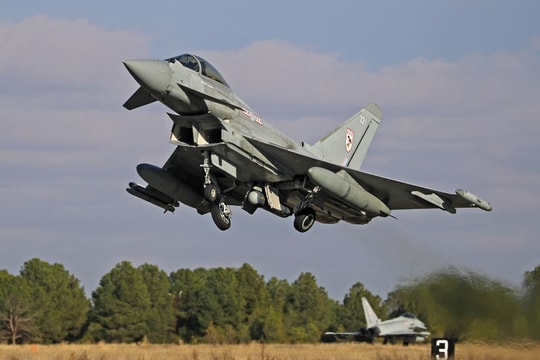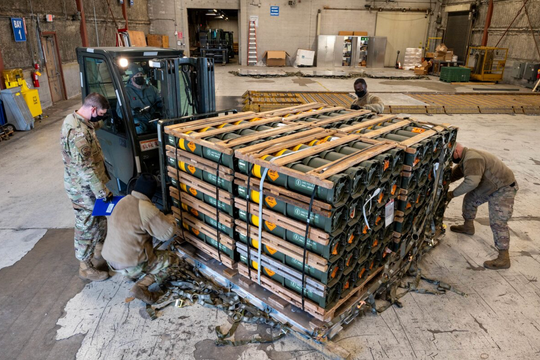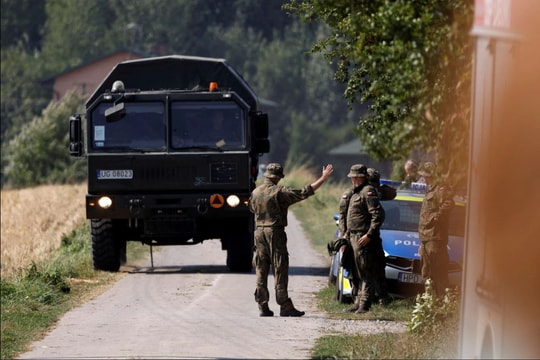China - The 'Rare Factor' Bringing NATO Closer Together
(Baonghean) - The NATO military alliance has never been as conflicted, disagreed and divided as it is today. The bloc's 70th birthday was also overshadowed by controversies and criticisms on a series of issues, from military cost sharing, Türkiye's membership issue or US leadership. Even the goal that was the driving force behind the bloc's establishment - that is, to fight against Russia - is now a divisive topic among member countries.
However, amid a gray picture, China seems to be becoming a rare factor that can pull NATO members together when, for the first time in history, the bloc recognizes the threats coming from China.
Fear of China's Rise
Everyone understands that, established in 1949, the core and strategic goal of NATO was to deal with the Soviet Union at that time. However, after 70 years of formation and development, for the first time, the North Atlantic Treaty Organization (NATO) had to officially recognize the threats from China as well as recommend that members pay attention to the increasing power of Beijing. Explaining this statement, NATO Secretary General Jen Stoltenberg expressed concern that the increase in China's military power is causing security concerns for all NATO member countries.
 |
| The Chinese Navy has deployed troops to the Djibouti military logistics base to support operations in Africa and West Asia, traditional areas of influence for Europe and the United States. Photo: China News Service |
China has recently been investing heavily in areas such as infrastructure and cyberspace to penetrate Europe.
Also, China is currently the world's second largest defense spender. According to data collected by NATO, China's defense spending increased by 7.5% compared to last year - to nearly 1.2 trillion yuan. Recently, Beijing has also launched many new weapons, including long-range missiles capable of attacking both the US and Europe. Not to mention, China has recently been investing heavily in areas such as infrastructure and cyberspace to penetrate Europe. And not only the East Sea, Beijing has recently been actively increasing its presence in NATO regions, Africa and the Arctic.
With such a strong rise of China, it is not difficult to understand that at this NATO Summit in London, UK, leaders will focus on geopolitical relations, emerging challenges, including China. It is expected that a strategic policy aimed at China will also be discussed and have a clear development roadmap. Because according to some analysts, in the long term, China may even become a bigger problem than Russia. However, according to NATO Secretary General Jen Stoltenberg, if Russia has a Russia-NATO Council to improve dialogue and cooperation between the two sides, the bloc has so far had no plans to establish a similar Council to deal with China.
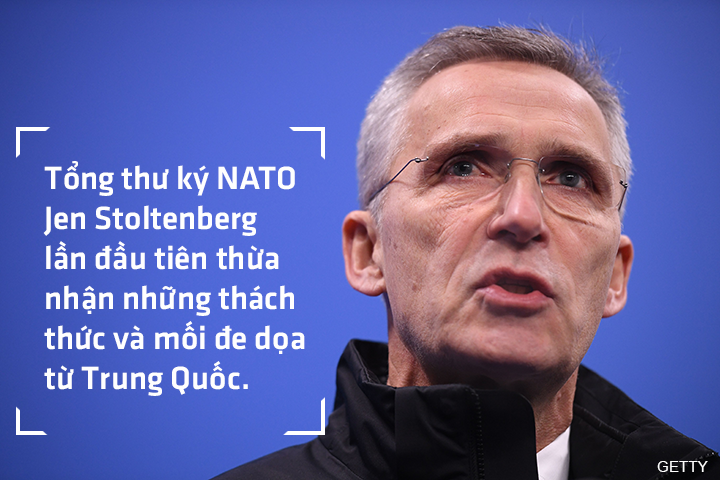 |
COMMON COMPETITOR
Although French President Macron remains skeptical about relations with China, both he and President Trump have called for more action to balance China's growing power, a rare common ground between two leaders who have been at odds with each other, especially on issues related to NATO.
In addition, while Europe is facing increasing pressure from China to trade off investment sectors, the US administration of President Donald Trump is also implementing a tough policy in the trade war with Beijing. There is an opinion that, assuming that NATO's old target of Russia is outdated, the new target of China is becoming a reason for the bloc to assert its position and unified voice.
With NATO, many of its 29 members and partners such as Japan, South Korea, and Australia have recently sought to balance China's rising power in the region and globally. Both the US and European countries in the bloc probably share concerns about the fact that in just the past five years, China has added 80 ships and submarines to its navy - equivalent to the entire British Royal Navy. China is also believed to possess hundreds of missiles with ranges exceeding the INF Treaty's bans, as well as hypersonic cruise missiles, anti-ship missiles, and hypersonic gliders.
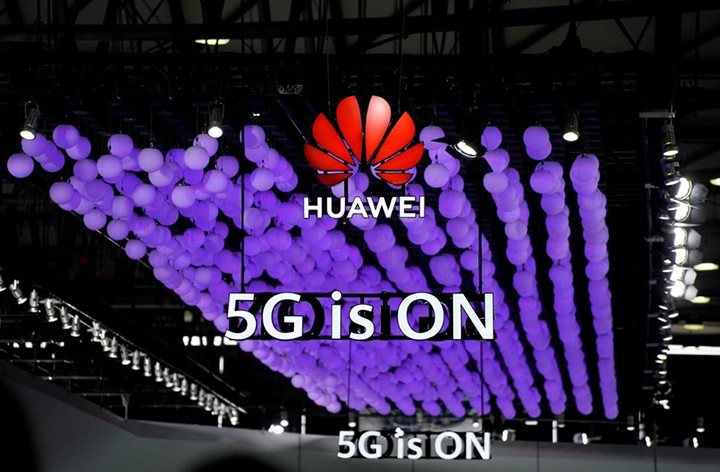 |
| High technology is also an area where NATO must be wary of China. Photo: Reuters |
Not only is it increasing its military presence in many geostrategic locations such as the East Sea, Africa or Central Asia, Beijing is also increasing its economic power deployment in the entire Pacific region and Central Asia, through the infrastructure and trade system of the "Belt and Road" strategy that this country cherishes. Especially in the field of technology, China is said to be gradually becoming a leader in developing new technologies from 5G to facial recognition, quantum computing to collecting huge data globally.
Another motivation for NATO to aim for the same goal is that China and Russia seem to be getting closer and closer.
That is why the US has recently both called on and pressured its European allies to prevent the technology giant Huawei from bringing 5G to the region, due to security concerns. In response, Canada and the UK have recently implemented a rather tough foreign policy towards China. Furthermore, the motivation for NATO to aim at the same goal is that China and Russia seem to have an increasingly close relationship. Most recently, Russia has transferred a giant gas pipeline worth billions of dollars to China.
But that does not mean that all NATO members have a unanimous voice to counter China. There is still an Italian government that is very enthusiastic about opening up cooperation with Beijing, despite warnings from NATO officials. Besides, some countries are still weighing and measuring huge economic benefits with China, typically "tightrope house" Turkey. Therefore, at this time, what policy will be unified by NATO to deal with China is still an unanswered question.
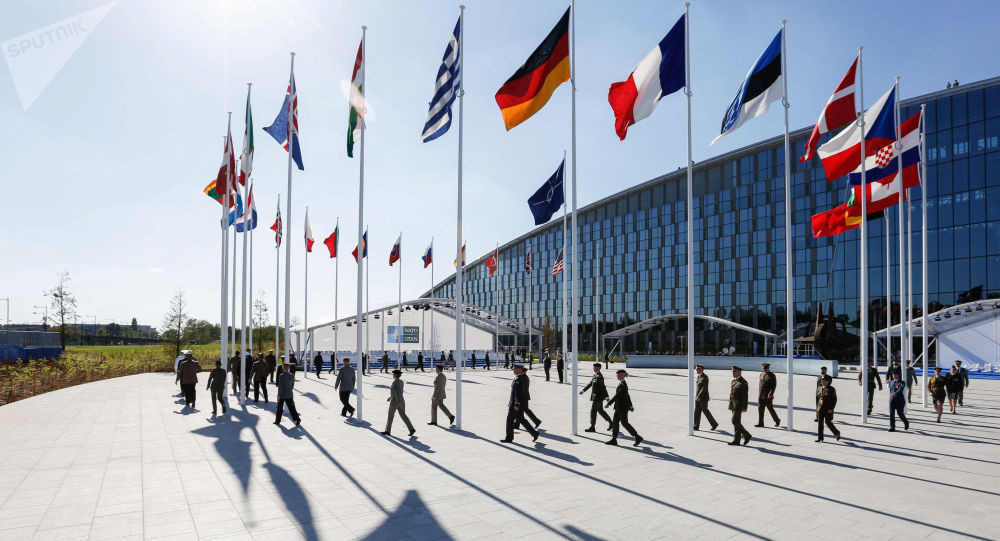 |
| China could bring NATO closer together. Photo: Sputnik |
Some experts say that at this NATO Summit, the leaders of the member countries are expected to sign a joint statement acknowledging the opportunities and challenges from China. However, it seems that the language used in the statement will not be as strong as some countries would like. This also means that although China can bring NATO closer together; the deep disagreements and conflicts within the bloc may not be able to be healed anytime soon!

